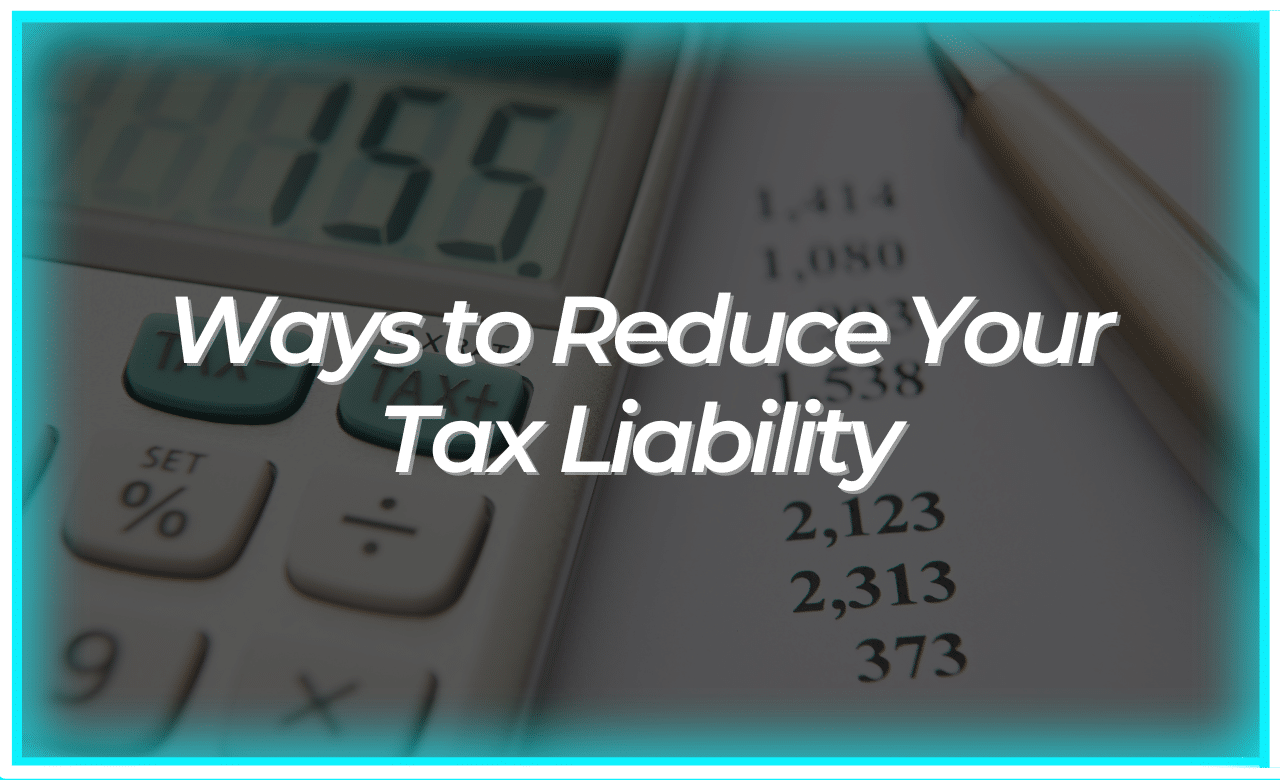Hey guys, Bette Hochberger, CPA, CGMA, here. For today’s quickie, we’ll explore practical tips for tax reduction, the effects of tax liability on your overall quality of life, and how factors like marriage and property ownership can influence your tax situation. Tax season is often viewed with fear, but it doesn’t have to be that way! Understanding how to reduce your tax liability can lead to significant savings, allowing you to allocate more of your hard-earned money towards savings, investments, or even that dream vacation you’ve been eyeing.
The Impact of Reducing Tax Liability on Quality of Life
Reducing your tax liability can have a profound impact on your overall quality of life. When you pay less in taxes, you have more disposable income, which can enhance your financial stability and freedom. This extra cash flow can be directed towards essential expenses, such as housing and education, or towards building an emergency fund or retirement savings.
Moreover, lower taxes can reduce financial stress, giving you peace of mind. Instead of worrying about how to make ends meet, you can focus on your goals and aspirations, whether that’s starting a business, traveling, or investing in self-improvement. Ultimately, paying less in taxes means having more control over your finances and life choices.
Tips for Reducing Tax Liability
1. Maximize Deductions: Take advantage of all eligible tax deductions. Common deductions include medical expenses, student loan interest, and contributions to retirement accounts. Keeping organized records can help you claim everything you’re entitled to.
2. Utilize Tax Credits: Unlike deductions, which reduce your taxable income, tax credits directly reduce the amount of tax you owe. Look for credits for education expenses, energy-efficient home improvements, or child care.
3. Consider Retirement Contributions: Contributing to retirement accounts like a 401(k) or IRA can lower your taxable income. Not only are you saving for the future, but you’re also reducing your current tax liability.
4. Health Savings Accounts (HSAs): If you have a high-deductible health plan, consider opening an HSA. Contributions are tax-deductible, and withdrawals for qualified medical expenses are tax-free.
5. Keep Track of Business Expenses: If you’re self-employed or have a side hustle, keep meticulous records of your business expenses. Many costs can be deducted, reducing your overall tax liability.
Does Being Married Help with Your Tax Liability?
Yes, being married can impact your tax liability in several ways. Couples who file jointly often benefit from a higher standard deduction than single filers. For the 2023 tax year, the standard deduction is $27,700 for married couples filing jointly, compared to $13,850 for single filers. Additionally, married couples may qualify for various tax credits that are unavailable or limited for single filers.
However, it’s essential to consider the “marriage bonus” versus the “marriage penalty.” For couples with significantly different incomes, filing jointly can result in a lower tax rate and higher deductions. Conversely, couples with similar incomes might face higher taxes if they push themselves into a higher tax bracket when combined.
Does Being a Property Owner Affect Your Tax Liability?
Yes, being a property owner can significantly influence your tax liability. Homeowners can deduct mortgage interest and property taxes, which can substantially reduce taxable income. Additionally, if you sell your home and it has appreciated in value, you may qualify for capital gains tax exclusions—up to $250,000 for single filers and $500,000 for married couples filing jointly—if you meet certain conditions.
Moreover, if you rent out part of your property, you can deduct expenses related to the rental, such as maintenance, repairs, and property management fees. This can create additional tax savings that can enhance your cash flow and overall financial situation.
Reducing your tax liability is not only a smart financial move; it can enhance your quality of life by providing more disposable income and reducing financial stress. Whether you’re married, a property owner, or simply looking for ways to maximize your deductions and credits, there are numerous strategies to consider. By being proactive and informed about your tax situation, you can make the most of your hard-earned money and set yourself up for a more secure financial future. So, roll up your sleeves and start exploring these tips—your wallet will thank you!
I’ll see you all next time.










